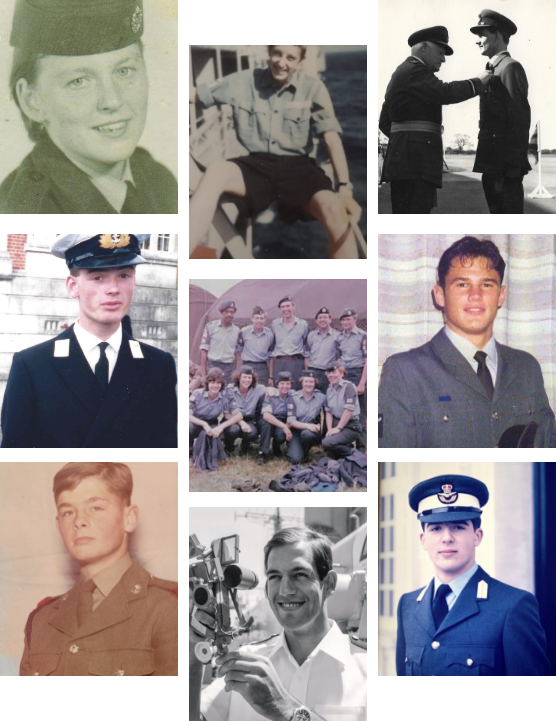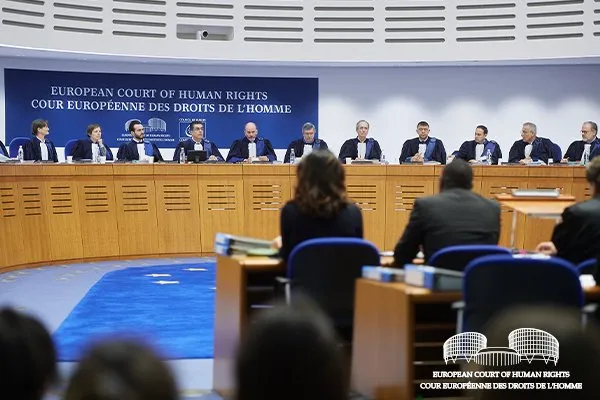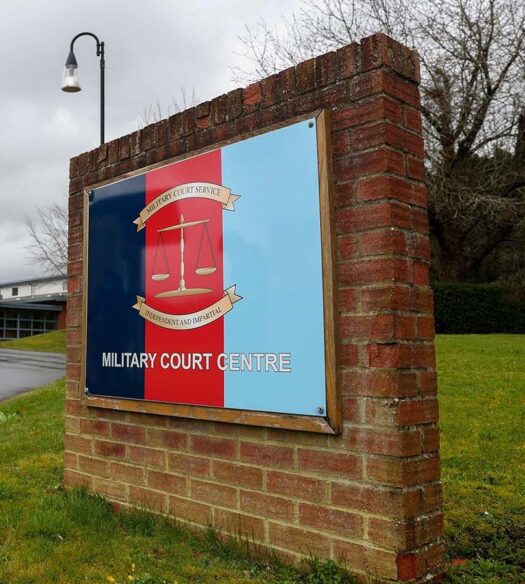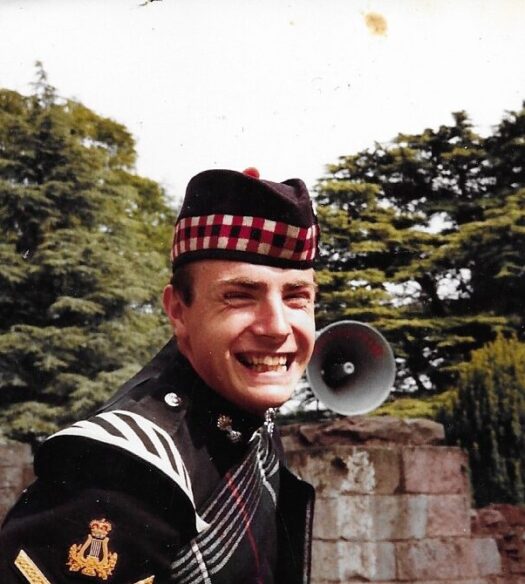
Until the turn of the Millennium, lesbian, gay, bisexual, and transgender (LGBTQ+) individuals were barred from serving openly in the UK’s Armed Forces. Rank Outsiders, the Armed Forces Legal Challenge Group (AFLCG) and the European Court of Human Rights ended the ban.
This discriminatory policy not only forced dedicated service personnel out of their careers but also created a climate of fear and secrecy within the military.
Formed in 1991 by sacked Army Nursing Officer, Elaine Chambers and sacked Army Bandmaster, Robert Ely, Rank Outsiders was a vital support network for LGBTQ+ personnel and veterans during the years of the “Gay Ban.” At a time when being outed could result in dismissal, humiliation, or worse, Rank Outsiders provided confidential advice, solidarity, and a public voice for those who could not speak freely. The organisation was instrumental in gathering testimonies and connecting affected service members with legal advocates, but a crucial turning point came with the creation in 1994 of the AFLCG by sacked Naval Officer Edmund Hall. This group was closely supported by Rank Outsiders but also attracted the support of the LGBTQ+ advocacy group Stonewall, in particular the support of Lord Michael Cashman and then Director of Stonewall, Angela Mason CBE.
The AFLCG brought together four test cases that were considered by the European Court of Human Rights. Jeanette Smith, Graeme Grady, John Beckett and Duncan Lustig-Prean, who were all dismissed for their sexuality, despite their outstanding service histories. All four became high-profile public figures during the legal battle, with Duncan in particular taking a leading campaigning role. The court ruled unequivocally: the Ban violated their right to a private life.

The ECHR ruling was delivered in Strasbourg on 27 September 1999, condemning the UK’s policy as unjustified and intrusive.
The court stated that the investigations into their private lives were disproportionate and had no legitimate aim. This judgment effectively forced the UK government to lift the ban on LGBTQ+ personnel serving in the military.
On 12 January 2000, the Ministry of Defence officially lifted the Ban, making way for a new era of inclusivity.
Rank Outsiders, the Armed Forces Legal Challenge Group and Stonewall were pivotal in achieving this historic change – not only through their support for legal claimants, but by giving a strong and public voice to a hidden community of loyal service members who had long been denied recognition and dignity.
The activism of this generation in the 1990s laid the groundwork for broader reforms and helped shape today’s more inclusive military environment. Today, LGBTQ+ personnel serve openly and with pride, a legacy built on the bravery of those who challenged injustice – and the allies who stood beside them.



